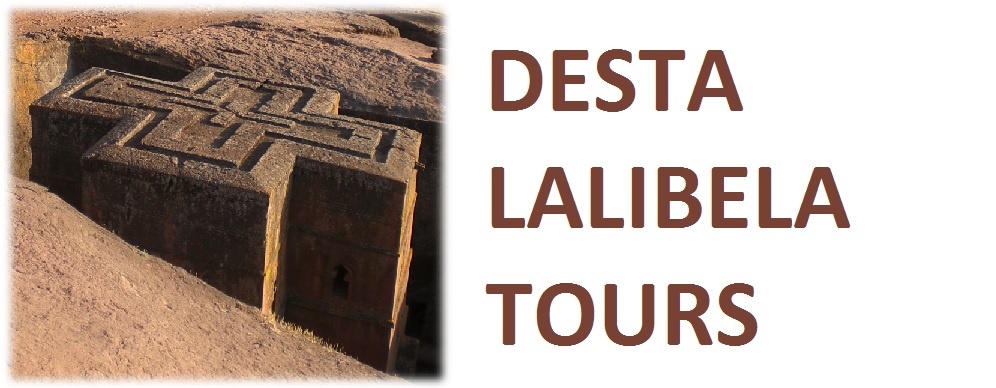13 MONTHS OF SUNSHINE
No joke – Ethiopa offers 13 months of sunshine every year. This is made possible by our traditional calendar, which consists of twelve months of 30 days and a thirteenth month of 5 days (or 6 days in leap years). All days in the thirteenth month are holidays, by the way.
Of course we are also familiar with the Gregorian calendar as it is used all over the world, so we can state the following rule which will work until the year 2099:
the first day of the Ethiopian year is the 11th of September after regular Ethiopian years
the first day of the Ethiopian year is the 12th of September after Ethiopian leap years
Ethiopian leap years always occur in the years before a Gregorian leap year, and they occur every four years without exception, that's why in 2100 (no leap year in the Gregorian calendar) this rule will have to be shifted one day back for the next 100 years.
If you want to know more about the Ethiopian calendar, there is a good description in Wikipedia.
Seven years younger
A popular saying is: "When you come to Ethiopia, you will become seven years younger."
This time, the "no joke" claim would be unfair ... it works only when you calculate the difference of the current Ethiopian year from your Gregorian birth year.
The fact that the Ethiopian year is 7 – 8 years behind the Gregorian year results from a different approach in the calculation when Christ was born.
For example, the Ethiopian year 2006 began on September 11, 2013 ... now let's assume you were born in September 1973; then in September 2013 you were 40 years old in your home country, but only 33 in Ethiopia ( the difference between 2006 and 1973).
Of course this is not a serious calculation, but it may help you understand the reason for this popular saying "when you come to Ethiopia, you will become seven years younger" - and maybe you will really feel younger yourself when you come and meet a lot of young people.
Ethiopia - a poor country or a rich country?
If you determine the richness of a country from its gross domestic product (GDP) per capita, then you will find Ethiopia much closer to the lower end of the list than to the top.
But Ethiopia is a very rich country when you take into account historic, natural and cultural heritage that cannot be measured by money.
In historic terms, Ethiopia was an early home of humankind, more than 3 million years ago the Australopithecus afarensis , an ancestor of the Homo Sapiens, lived in this area; more recently (= less than 2000 years ago) Ethiopia was one of first countries to offically adopt Christianity (about 320 a.D.).
In natural terms, it has fascinating landscapes and an exceptional number of endemic wildlife species, including one of the largest African bird diversities.
In cultural terms, Ethiopia is a country of many civilizations: two thousand year old Axum, the rock-hewn churches of Lalibela, the walled city of Harar and the castles of Gondar are just some of the wonders of Ethiopia.
Travellers interested in history, nature and culture should not miss these and other unique treasures found in Ethiopia. Every visitor will be sure to take home a mental album of unforgettable impressions!
Moreover, by visting Ethiopia you can also contribute a little to get the country a bit up in the list of GDP per capita – the people would deserve it, as you will find out when you come here to travel and meet them.

